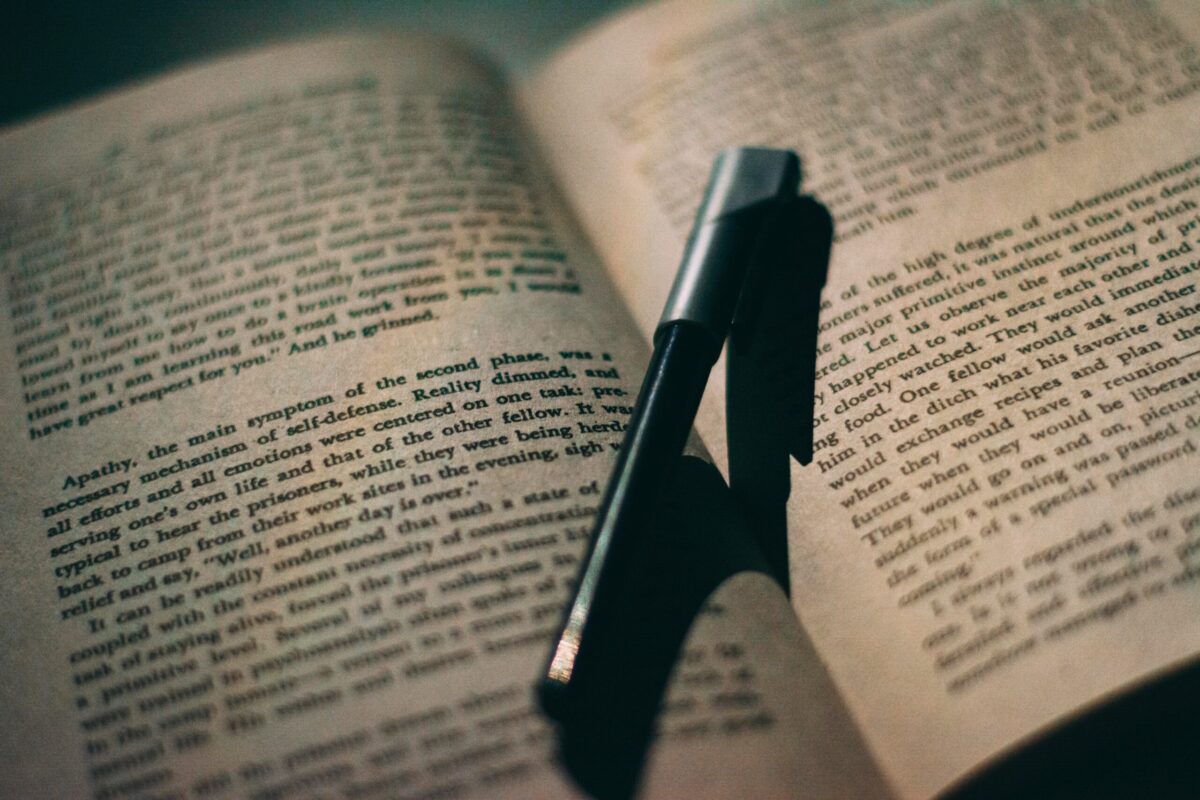Poetry and Freedom of Speech: 4 Poets on the Front Lines of the Anti-Censorship Fight
Poetry and freedom of speech have long been intertwined. Iconic poets throughout history, from John Milton to Gwendolyn Brooks, have had their work censored from audiences. Though fighting against censorship is now more urgent than ever, the systemic problem only further reveals poetry’s power. The art form has often been used at protests and in calls for social justice.
It’s also been a vehicle for uplifting marginalized, necessary voices, including Black poets and queer writers in the genre. While readers play a crucial role in defeating censorship—a cause they can contribute to by reading banned books, standing up against removing books from community or school libraries, and staying informed about current, related issues—many poets are also leading the charge. These five writers advocate for freedom of speech and propel it forward through their work.
Aline Mello
The government, xenophobic policies, and society as a whole all work to silence immigrants, especially undocumented ones. Oftentimes, undocumented immigrants may strive to make themselves smaller and hide their identities for self-protection, effectively staying out of the political realm. Aline Mello, who recently published her debut poetry collection More Salt Than Diamond, courageously overcomes these pressures, instead using her past as a Brazilian immigrant as inspiration for powerful, highly personal poetry. In sharp, evocative stanzas, Mello draws on everything from Donald Trump’s inflammatory remarks to the immigration patterns of birds, relating them to her and her family’s story.
Ahmed M. Badr
A former ambassador for the United Nations High Commissioner for Refugees, Ahmed M. Badr brings this passion and experience to his newfound poetry career. Badr published While the Earth Sleeps We Travel in 2020, melding his own poems with other refugee narratives. Badr has held story-telling workshops for young refugees living in camps and undergoing the long journey of resettlement. Through this collection, Iraqi-American poet and social entrepreneur Badr hopes to shed a well-deserved light on these often overlooked stories of displacement and reconfigure the idea of “home,” helping those most impacted to give voice to their experiences in their own words.
Carolyn Forché
The recipient of fellowships from the Academy of the American Poets and the National Endowment for the Arts, Carolyn Forché has long described her poetry as a “poetry of witness.” Forché embraces poetry as a multimodal art form, delving into research, journalistic reportage, politics, and verse. A notable career highlight for Forché was curating and editing Against Forgetting: Twentieth-Century Poetry of Witness, an anthology that brought together 140 voices whose lives were touched by torture, exile, or war.
Elizabeth Acevedo
As poetry continues to skyrocket in popularity, more recent titles are ending up on banned book lists. Two beloved YA poetry books, Elizabeth Acevedo’s The Poet X and Clap When You Land, count among them. The Poet X received backlash due to its themes of religious doubt and coming-of-age sexuality, honest topics that resonated with young adult readers. Clap When You Land received a temporary ban for its depiction of the main character being assaulted on the subway—a fact that showcases that women are often discouraged from raising awareness of these unfortunately commonplace situations. Acevedo continues to authentically write about the nuanced lives and struggles of her young, female protagonists, making her a strong and fan-favorite force against censorship.
As a writing prompt, take your passion for defeating censorship into your poetry practice. Open your writing routine with a poem or passage from a favorite banned book—from a poem by Sappho to a chapter of George Orwell’s 1984. Consider how to emulate the bold nature of these texts within your own writing, or reflect on how your life might have been different if you never got to read these frequently challenged and censored works. Another prompt is to think about topics you’ve been discouraged from talking or writing about and to resist this silencing in your next poem, arriving at a new level of bravery and vulnerability. What’s an experience that you think hasn’t been written about enough within poetry, and how can you depict it?




